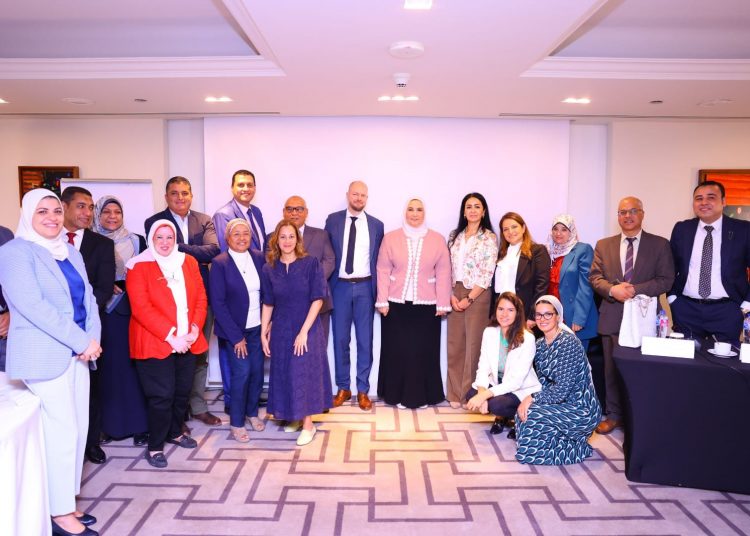Social protection programmes for people on low incomes and those most in need are flexible since they are directly affected by economic change, tax law and employment policy.
This statement by Minister of Social Solidarity Nevine el-Qabbag came during the opening on Thursday of a national workshop to prepare a report on social protection in Egypt.
The workshop was organised in collaboration with the United Nations Economic and Social Commission for West Asia (ESCAWA).
Marco Schaefer, head of ESCAWA’s Social Protection Section, ministry representatives and experts attended the workshop.
The minister hailed co-operation with ESCAWA on conducting research and evaluative studies to ensure the implementation of efficient social protection programmes.
More than 5.2 million households have benefited from the Takaful and Karama (Solidarity and Dignity) cash transfer programme this year, making it the largest poverty-targeted conditional cash transfer in the Middle East and North Africa, el-Qabbag said.
The Takaful and Karama Programme was launched in 2015 to support underprivileged families with school-age children, the elderly and people with special needs.
The food subsidy programme caters for more than 64 million people, the minister said.
Financial support alone is not enough to lift the impoverished out of poverty, so the government is also launching economic empowerment programmes to provide a sustainable source of income for the poor, el-Qabbag added.
For his part, Schaefer said ESCAWA is ready to offer technical support to make the social protection system more efficient.
ESCAWA has made studies of social protection schemes in Arab countries and will make recommendations for reform to counter the impact of the climate, social and economic challenges facing the region.






Discussion about this post